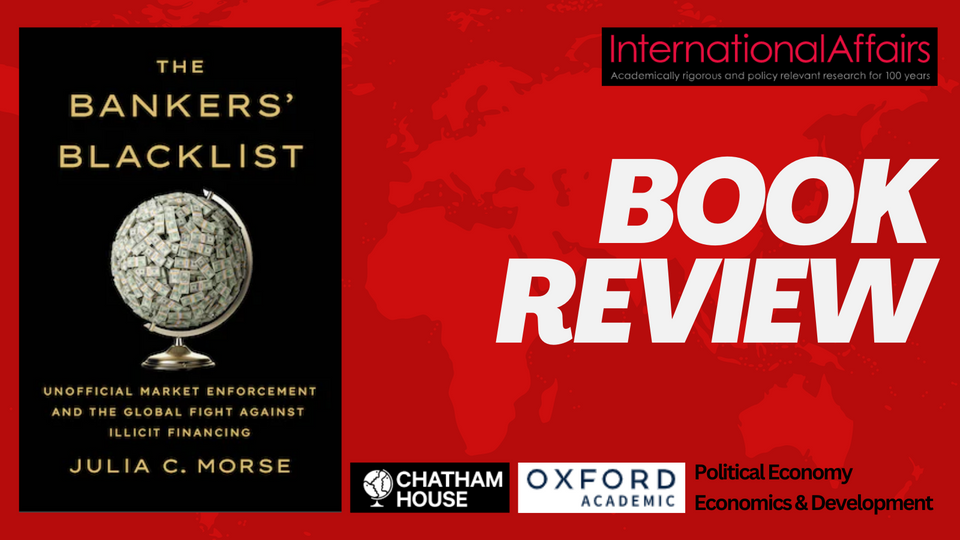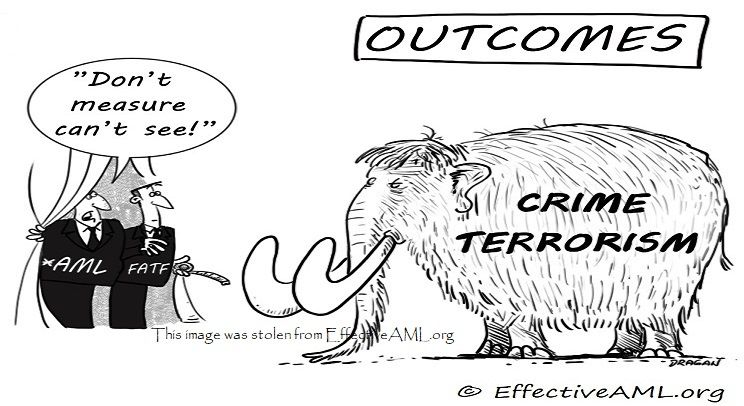Book Review: The Bankers’ Blacklist

The Bankers’ Blacklist presents an artful paradox: its insights are greater than the sum of its parts. This is a thought-provoking book, both for champions of the self-described "coordinated global response to prevent organized crime, corruption, and terrorism" and for those who see the modern anti-money laundering movement as a contender for the world’s least effective policy experiment. While supportive of the official narrative, Julia Morse challenges some triumphal claims of the fight against illicit financing. The resulting difficulty for readers in placing the author in one camp or another is not in any way a weakness of the work. Instead, it allows Morse to offer a blueprint for brandishing power beyond traditional avenues of foreign policy. The book traces the geopolitical evolution of banks as unofficial enforcers in the ‘war’ on money laundering and reveals a template for power projection by proxy. The author sheds light on how technocratic agencies, yielding ostensibly objective criteria, effectively pull the strings in plain sight.
[The full review is available for International Affairs’ subscribers or for 24 hours’ access for €36-£32-$39, here, or free to EffectiveAML members, below]


